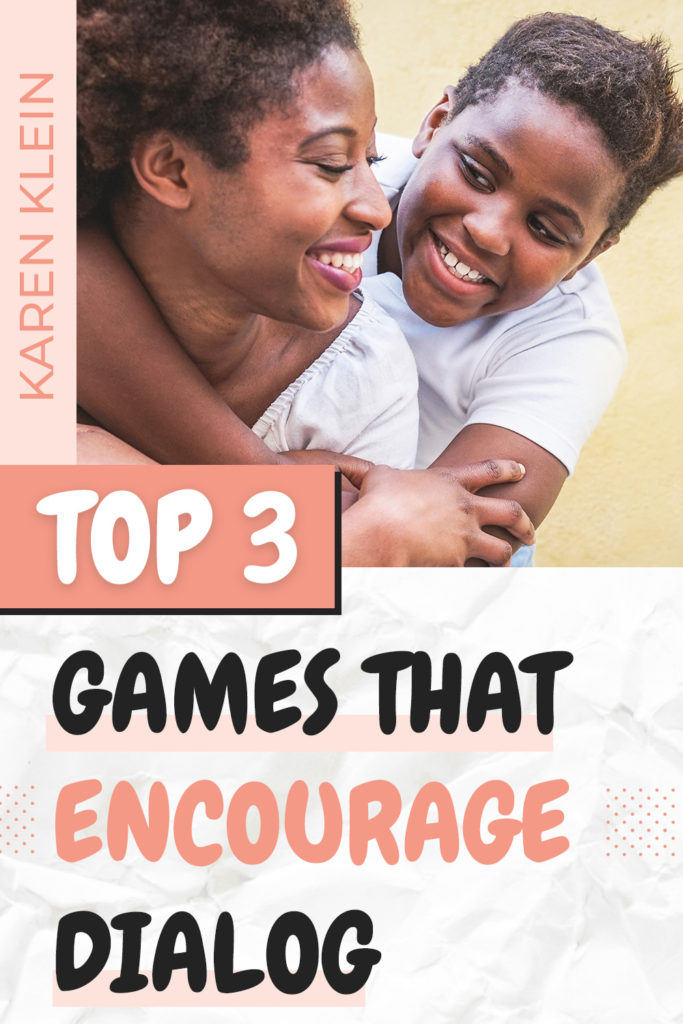
This page contains affiliate links meaning I may earn a commission if you use them. I only recommend products I use and honestly trust. For more info read the full disclosure.
I was pretty troubled for a long time. And I didn’t know that. As a kid, I never talked about my emotions. My mom gave me a journal, but I didn’t know what it meant. I just wrote all the time, not even thinking about it. But it also made me feel better.
Sharon Van Etten (an American singer-songwriter and actress)
Good day Dear parents,
Today I wish to talk to you about social emotional skills and how we can help our young children learn to discuss their emotions, share their feelings, and discuss with us.
When they get older, They will have developed the basics and formed habits to share and communicate– and will then continue to do so.
I always turn to games and playing when opening discussion with my children. This is my best tool as always😊
I have to admit here that my personal experience with my biological daughters and my foster boy is different. Maybe because of the gender difference? Maybe because as a foster child, spending his first year of life not with his biological mom or dad, his basic development got a different path and things that should have been done or felt did not happen for him at the expected age. I am not sure for the reasons, but I wish to share my own experience.
With my daughters, it was crucial for me to open up to each other, talk, share emotions because I decided I will be a different mom than my mom. My mom was and still is a great mom. However, when it comes to social emotional skills, I can’t remember sharing personal moments, playing together, laughing just her and me or wanting to share my secrets with her. I blamed her for many years but finally in my 40’s, I understood she never got the skills for that. Her mom came back from the holocaust, dialogue was not open when she raised my mom… 2nd generation after holocaust is known to be complicated. I then decided to forgive.
When I became a mother, I knew I would do all I can so that my daughters feel safe talking to me, sharing their emotions…and this has been my journey through motherhood. All games I could find around that topic, I bought and play. All activities I found online, I prepared or printed and placed on the fridge.
I have to say this has had incredible results!
Today my 10 and 14 year old daughters share lots of their personal stuff with me, talk openly, and are not afraid to say what they feel, even if sometimes it is about me (and not always on the good side:).
For my boy, it was and still is different. He has a hard time to express himself. Because of his past, he has anger, frustrations and many other emotions but does not have always the words for it. Psychologist and therapists working with us always advise me to help him express in words what he feels. Then, he will learn to say his feelings and this is crucial so he does not blame himself but explain for himself and others why he feels that way or what brought him to feel that way.
For all those reasons, social emotional skills are super important to be aware of and help our children develop them.
So what is Social Emotional skills?
Social-Emotional Skills include the knowledge, attitudes, and skills necessary for youth to recognize and control their emotions and behaviors; establish and maintain positive relationships; make responsible decisions and solve challenging situations; and set and achieve positive goals.
Social-emotional learning includes a child’s ability to understand the thoughts and feelings of himself and others, and to use that knowledge to practice skills necessary for appropriately interacting with others. They learn how to feel, how to control emotions, and how to express those emotions. They learn about friends and foes, friendly and unfriendly behavior, and how to tell the difference.
A Great woman I learn from about Social Emotional skills:
I have heard and read books of Dr. Brené Brown’s and can recommend to every mom and dad to listen to her Ted speech or read her books for wholehearted Families. The book can be bought on Amazon HERE.
On The Gifts of Imperfect Parenting, Dr. Brené Brown invites us on a journey to transform the lives of parents and children alike. Drawing on her 12 years of research on vulnerability, courage, worthiness, and shame, she presents 10 guideposts to creating what she describes as “wholehearted” families where each of us can continually learn and grow as we reach our full potential, including:
- Cultivating worthiness in families―the knowledge that we are each always worthy of love and belonging
- Vulnerability―the key to true connection
- Engaging in creativity and play as a family
- Practicing gratitude and joy in the home
- Respect and hard work in a culture of “fun, fast, and easy”
When you teach kids emotional intelligence, how to recognize their feelings, understanding where they come from, and learning how to deal with those emotions, you teach them the most essential skills for their success in life. Research has shown that emotional intelligence or EQ “predicts over 54% of the variation in success (relationships, effectiveness, health, quality of life).” Additional data concludes that “young people with high EQ earn higher grades, stay in school, and make healthier choices.”
You can read a lot about this important topic online.
Here are my 3 favorite games that will help you work on their social emotional skills:
1-Edushape Feelings Friend Plush Toy:
for age 3+
A Cuddly Pal who Expresses Emotions. Feelings Friend provides a window into your child’s emotions!
An assortment of facial features stores in its front pouch enabling children to express themselves in unique and powerful ways, even when the words just aren’t there!
2- Monkey Expressions game from Chalk & Chuckles
for age 3+
Change the eyes & mouth expressions on the lovable monkey to show what he is feeling. You decide if the monkey is happy, sad, angry or surprised with his day. Or is he just scared?
3-“What do I Feel?” By Michal Laufer
For 4+
Cards Game that Helps Stimulate Conversation with Your Children to Talk about Their Feelings & Emotions.
A personal note from Michal Laufer herself whom I know and appreciate very much:
“If you close your eyes for a moment and think about what are the most significant things in your life, I’m pretty sure your child/children will catch one of the first places if not the first. So if the kids are so important to us, obviously we want to invest in them; obviously we want them to have the best they can! So what is this best? The best thing is love. And how do you create love? By open communication, discussion that makes us closer to each other, sharing emotions, giving and receiving.
So here is a wonderful tool, one of my top games “What Do I Feel?” A game that will help you listen to your children, have them listen to you, which will help you understand what they are going through, how they are feeling, what experiences they are going through and will also teach them to talk about emotions, identify feelings, pay attention to other feelings and express themselves. What is more important than that? (If you ask me … Nothing!)
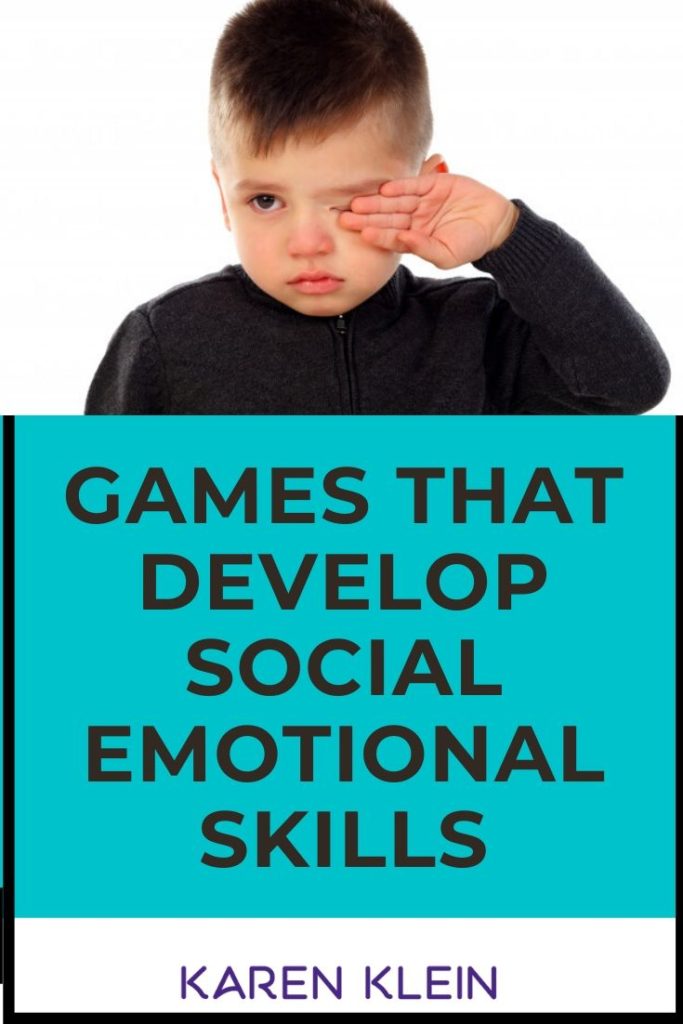

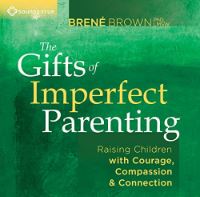
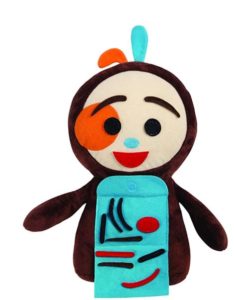

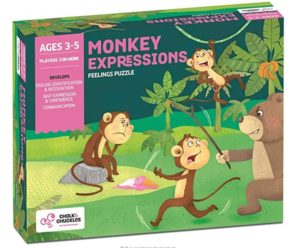

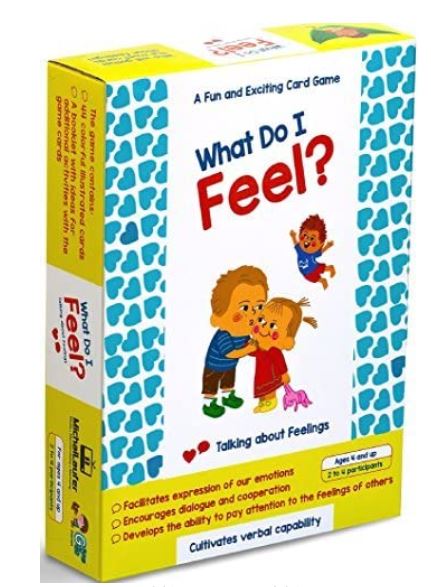



“What do I Feel?” – this is a very interesting game! Thank you very much for your recommendation!